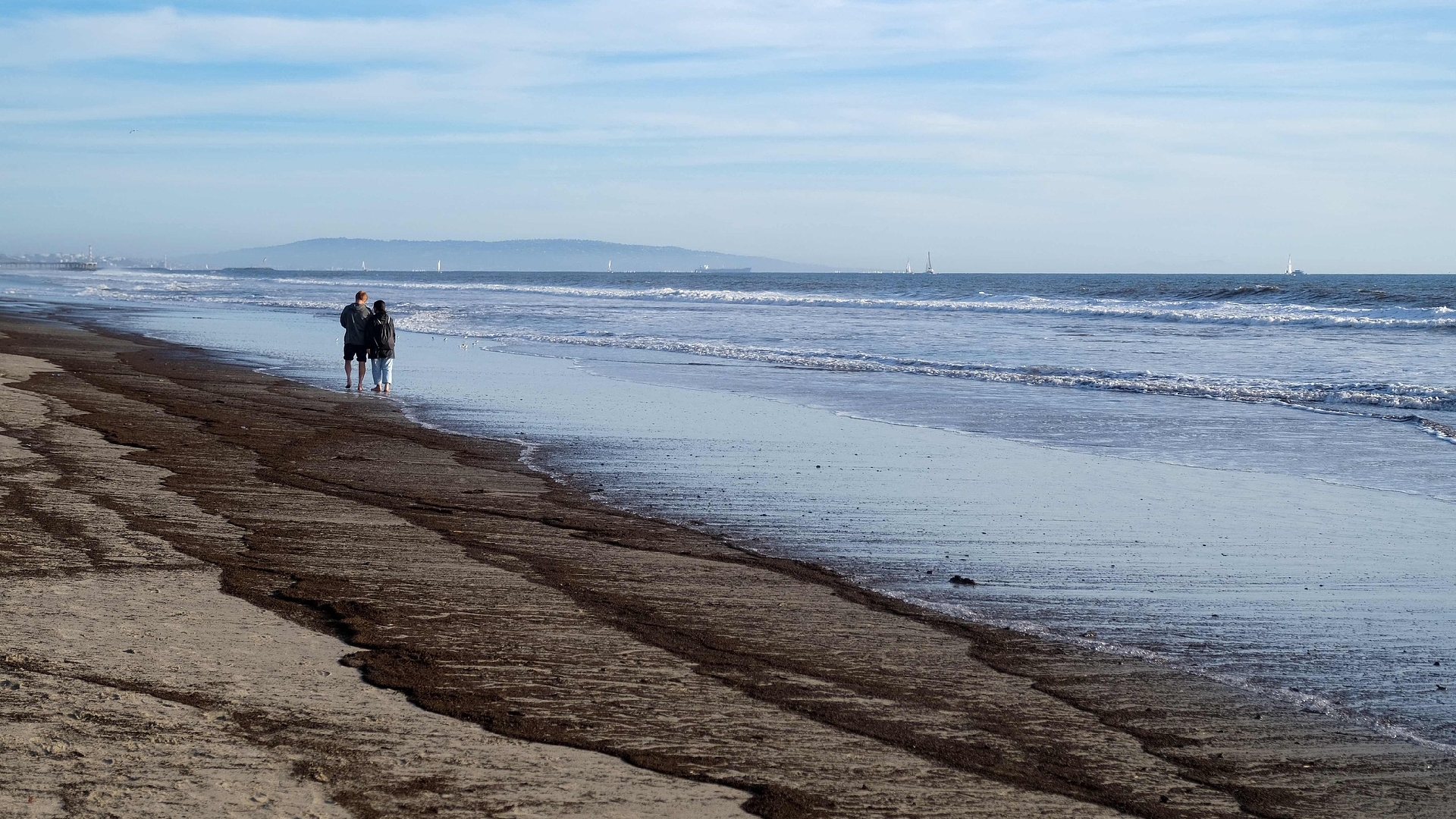Scientists hasten to identify ocean harm caused by LA wildfires
Researchers are urgently working to identify the damage to ocean ecosystems caused by wildfires in Los Angeles. These scientists are focused on assessing the impact of fire-related runoff and debris on marine environments. Their efforts aim to understand how these wildfires influence coastal waters and marine life in the affected areas.

The Palisades and Eaton fires have devastated thousands of homes, businesses, vehicles, and electronics, resulting in the creation of hazardous ash comprised of pesticides, asbestos, plastics, lead, heavy metals, and more.
There are concerns that much of this debris could find its way into the Pacific Ocean, potentially endangering marine life.
The presence of fire debris and toxic ash poses a risk to water safety, particularly following rainfall, which can carry harmful chemicals, trash, and other pollutants into the sea.
Long-term worries focus on charred urban contaminants and their impact on the food supply.
The recent atmospheric river and mudslides have heightened these concerns, increasing the likelihood of runoff transporting contaminants toward the ocean. Runoff can carry nitrogen, phosphate, heavy metals, and pollutants from incinerated materials.
Additionally, mudslides and debris flow from the Palisades Fire burn zone may also release hazardous waste into the ocean. Following fires, the soil's ability to absorb rainfall diminishes, thereby raising the potential for further runoff.
Local authorities have implemented measures such as concrete barriers and sandbags to prevent debris from reaching the beaches.
Furthermore, state and federal agencies are actively conducting water tests to monitor for toxins, metals, and chemicals, including microplastics and banned substances like PCBs, which pose significant health risks.
Recent water quality assessments have not indicated immediate health concerns, and one beach closure was reduced to an advisory. Nonetheless, scientists continue to analyze the extent of the contamination and the duration of its impacts.
While forest fires can occasionally introduce beneficial nutrients into the ocean, the toxic ash generated by urban fires could have detrimental effects on marine organisms.
Researchers are investigating the implications of fire debris on the ecosystem and the food chain by taking tissue samples from fish to detect contaminants.
Understanding the full impact of these urban fires on the environment and food supply will take time.
Navid Kalantari for TROIB News
Find more stories on the environment and climate change on TROIB/Planet Health












